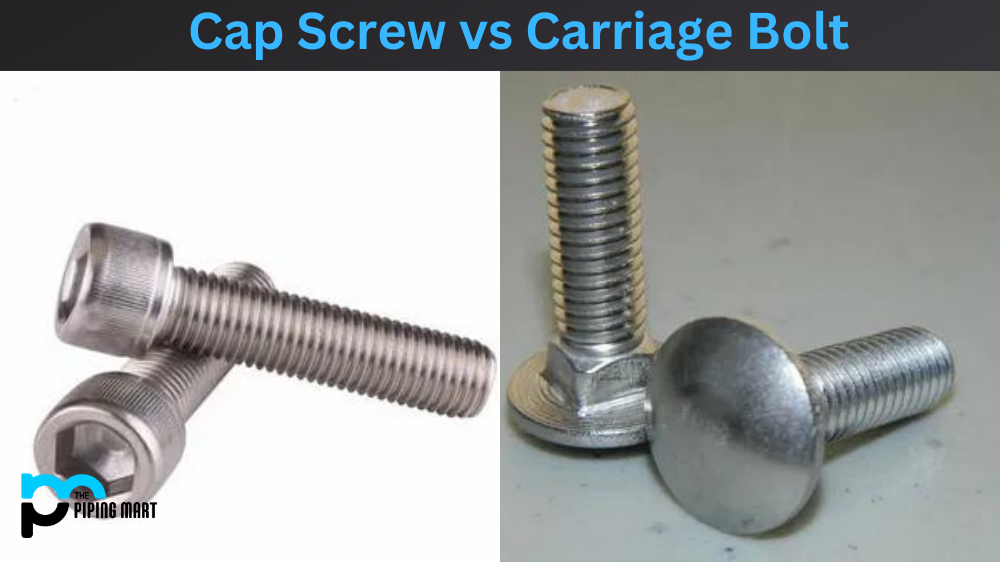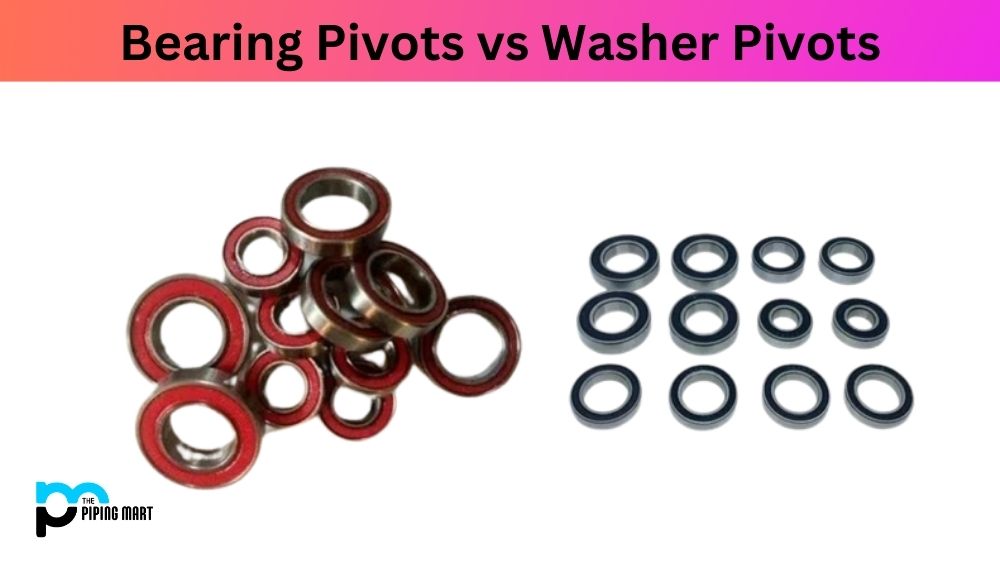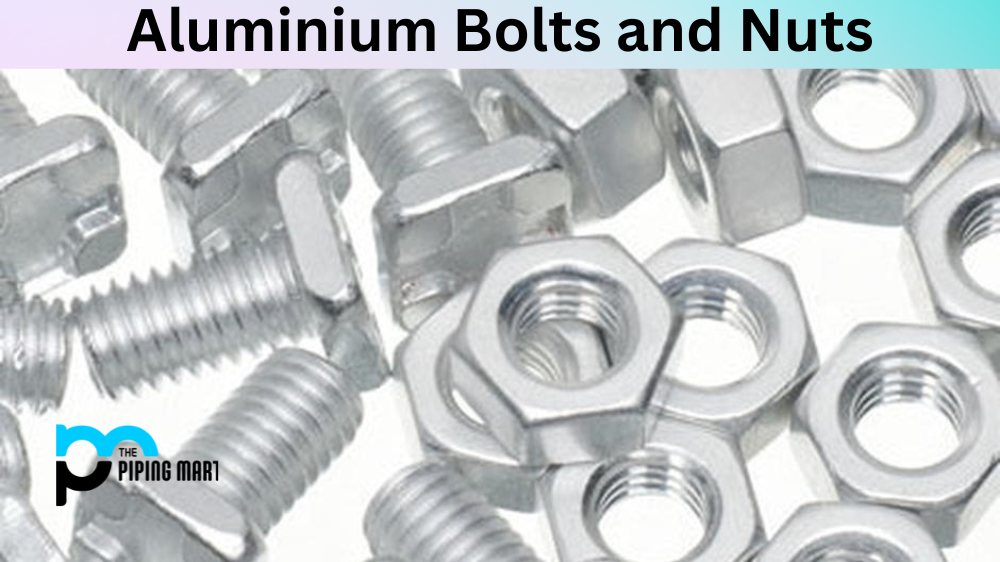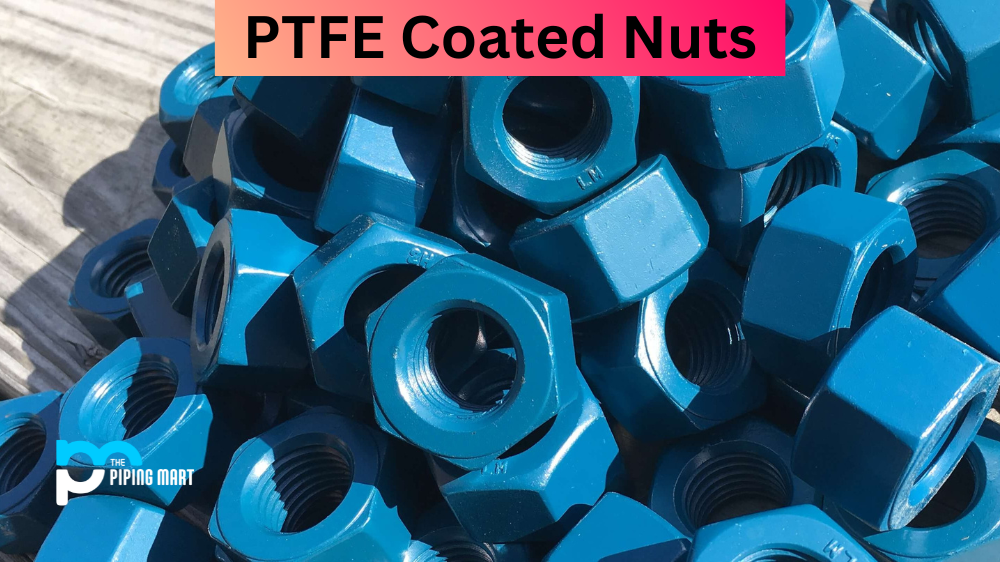Choosing the proper hardware can make all the difference regarding DIY projects or home repairs. One of the most common questions is using a cap screw or a carriage bolt. While both are types of fasteners, they have different features that make them ideal for other applications. In this article, we’ll review the differences between cap screws and carriage bolts and help you choose which is suitable for your project.
What is Cap Screw?
A cap screw, a machine screw or a socket head cap screw is a threaded fastener with a cylindrical head and a hexagonal socket. The hex head allows for easy tightening with a wrench or socket. Cap screws are ideal for applications that require a robust and secure connection, as they are designed to withstand high torque and shear forces. They come in various sizes, materials, and finishes to suit different applications.
What is Carriage Bolt?
A carriage bolt, on the other hand, is a fastener with a smooth, rounded head and a square or rectangular shank that is threaded for a nut. The head of a carriage bolt is designed to be countersunk into the material used, making it flush with the surface. Carriage bolts are ideal for applications with a smooth surface, such as woodworking and furniture assembly.
Difference between Cap Screw and Carriage Bolt
The main difference between cap screws and carriage bolts is their head design and tightening mechanism. While cap screws have a hex head tightened with a wrench, carriage bolts have a smooth, rounded head tightened with a nut. Cap screws are best suited for applications requiring a robust and secure connection, while carriage bolts require a smooth, flush surface.
Which One to Choose
When choosing between cap screws and carriage bolts, you need to consider the specific requirements of your project. If you need a robust and secure connection, such as in mechanical and structural applications, cap screws are the way to go. On the other hand, carriage bolts are the better choice if you need a smooth, flush surface, such as woodworking and furniture assembly.
Final Thoughts
In conclusion, choosing between cap screws and carriage bolts ultimately depends on the specific application and project requirements. While cap screws are best suited for solid and secure connections, carriage bolts are best suited for smooth, flush surfaces. Before choosing a fastener, it’s essential to consider the size, material, and finish you need, as well as the torque and shear forces involved. With the proper hardware, you can ensure a successful and long-lasting project.
Other Differences
- Cap screws are typically used in applications where strength and durability are essential.
- Carriage bolts are typically used in applications where a more decorative finish is desired.
- Cap screws are usually made from a more potent steel grade than carriage bolts.
- Carriage bolts are usually coated with a protective finish to prevent rusting.
- Cap screws typically have a hexagonal head, while carriage bolts usually have a round head.
- Carriage bolts are typically installed using a wrench, while cap screws can be installed using either a wrench or a socket.
- Cap screws are available in standard and metric sizes, while carriage bolts are only in standard sizes.
- Carriage bolts are typically less expensive than cap screws.
Conclusion
You should now understand the differences between cap screws and carriage bolts and when to use each. Whether building a structure or assembling furniture, a suitable fastener can make all the difference. Remember to choose the appropriate size, material, and finish and follow the manufacturer’s instructions for installation. With a little bit of knowledge and the right tools, you can tackle any project with confidence.

Pipingmart is a B2B portal that specializes in metal, industrial and piping items. Additionally, we share the latest information and information about materials, products and various types of grades to assist businesses that are involved in this business.




